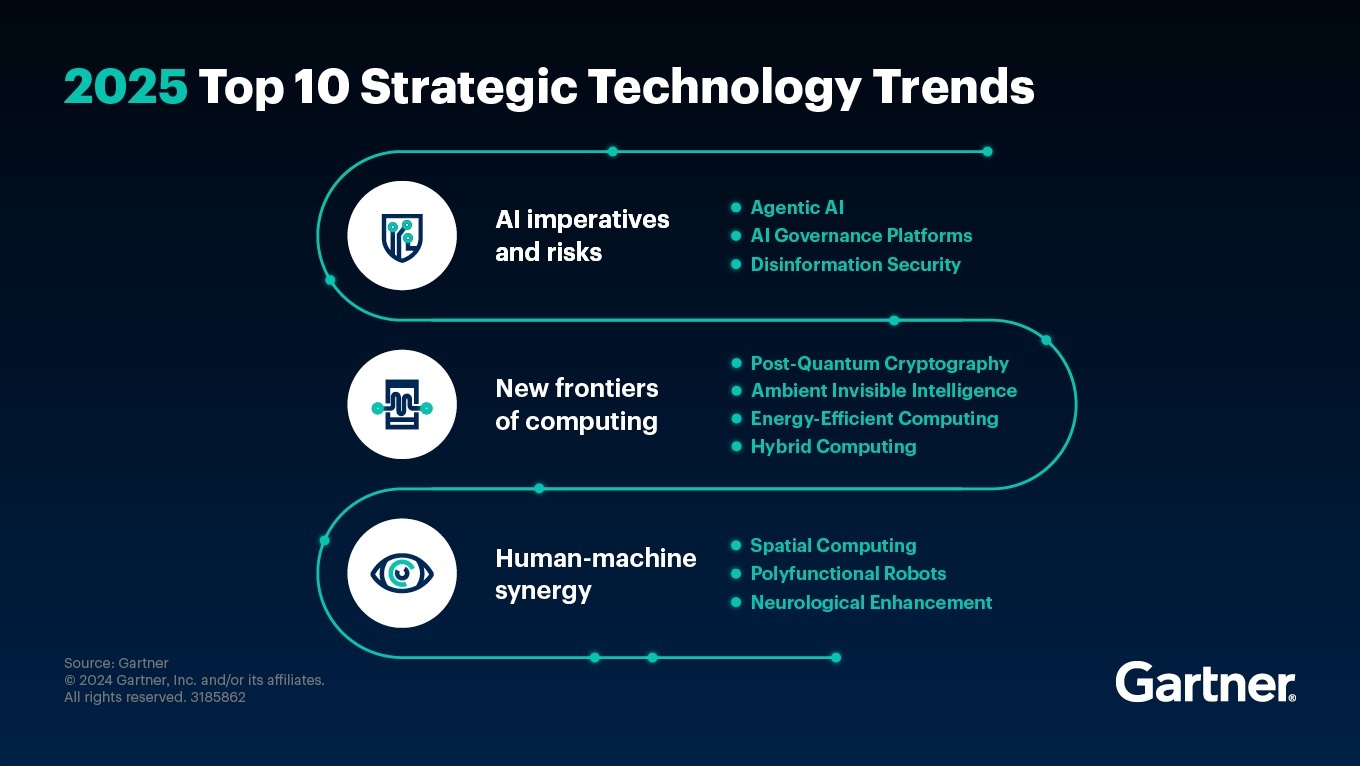Is Generative AI and ChatGPT healthy for Students? — from ai-supremacy.com by Michael Spencer and Nick Potkalitsky
Beyond Text Generation: How AI Ignites Student Discovery and Deep Thinking, according to firsthand experiences of Teachers and AI researchers like Nick Potkalitsky.
After two years of intensive experimentation with AI in education, I am witnessing something amazing unfolding before my eyes. While much of the world fixates on AI’s generative capabilities—its ability to create essays, stories, and code—my students have discovered something far more powerful: exploratory AI, a dynamic partner in investigation and critique that’s transforming how they think.
…
They’ve moved beyond the initial fascination with AI-generated content to something far more sophisticated: using AI as an exploratory tool for investigation, interrogation, and intellectual discovery.
…
Instead of the much-feared “shutdown” of critical thinking, we’re witnessing something extraordinary: the emergence of what I call “generative thinking”—a dynamic process where students learn to expand, reshape, and evolve their ideas through meaningful exploration with AI tools. Here I consciously reposition the term “generative” as a process of human origination, although one ultimately spurred on by machine input.
A Road Map for Leveraging AI at a Smaller Institution — from er.educause.edu by Dave Weil and Jill Forrester
Smaller institutions and others may not have the staffing and resources needed to explore and take advantage of developments in artificial intelligence (AI) on their campuses. This article provides a roadmap to help institutions with more limited resources advance AI use on their campuses.
The following activities can help smaller institutions better understand AI and lay a solid foundation that will allow them to benefit from it.
- Understand the impact…
- Understand the different types of AI tools…
- Focus on institutional data and knowledge repositories…
Smaller institutions do not need to fear being left behind in the wake of rapid advancements in AI technologies and tools. By thinking intentionally about how AI will impact the institution, becoming familiar with the different types of AI tools, and establishing a strong data and analytics infrastructure, institutions can establish the groundwork for AI success. The five fundamental activities of coordinating, learning, planning and governing, implementing, and reviewing and refining can help smaller institutions make progress on their journey to use AI tools to gain efficiencies and improve students’ experiences and outcomes while keeping true to their institutional missions and values.
Also from Educause, see:
- From Hype to Help: Making GenAI Useful for Enterprise Reporting and Data Analytics — from er.educause.edu by Craig Rudick
AI school opens – learners are not good or bad but fast and slow — from donaldclarkplanb.blogspot.com by Donald Clark
That is what they are doing here. Lesson plans focus on learners rather than the traditional teacher-centric model. Assessing prior strengths and weaknesses, personalising to focus more on weaknesses and less on things known or mastered. It’s adaptive, personalised learning. The idea that everyone should learn at the exactly same pace, within the same timescale is slightly ridiculous, ruled by the need for timetabling a one to many, classroom model.
For the first time in the history of our species we have technology that performs some of the tasks of teaching. We have reached a pivot point where this can be tried and tested. My feeling is that we’ll see a lot more of this, as parents and general teachers can delegate a lot of the exposition and teaching of the subject to the technology. We may just see a breakthrough that transforms education.
Agentic AI Named Top Tech Trend for 2025 — from campustechnology.com by David Ramel
Agentic AI will be the top tech trend for 2025, according to research firm Gartner. The term describes autonomous machine “agents” that move beyond query-and-response generative chatbots to do enterprise-related tasks without human guidance.
…
More realistic challenges that the firm has listed elsewhere include:
-
- Agentic AI proliferating without governance or tracking;
- Agentic AI making decisions that are not trustworthy;
- Agentic AI relying on low-quality data;
- Employee resistance; and
- Agentic-AI-driven cyberattacks enabling “smart malware.”
Also from campustechnology.com, see:
- New OpenAI Swarm Framework Offers Experimental Tool for Multi-Agent AI Networks — by John K. Waters
OpenAI has introduced a new open source framework designed to simplify the development and management of multi-agent AI systems that can collaborate autonomously to perform tasks.
Three items from edcircuit.com:
- The Top 10 AI Tools for Enhancing Learning
- Revolutionizing Lesson Planning: How AI Teaching Assistants Bring Creativity and Efficiency to the Classroom
- Maximizing Student Success: How Artificial Intelligence is Revolutionizing K12 Coaching
All or nothing at Educause24 — from onedtech.philhillaa.com by Kevin Kelly
Looking for specific solutions at the conference exhibit hall, with an educator focus
Here are some notable trends:
- Alignment with campus policies: …
- Choose your own AI adventure: …
- Integrate AI throughout a workflow: …
- Moving from prompt engineering to bot building: …
- More complex problem-solving: …
…
Not all AI news is good news. In particular, AI has exacerbated the problem of fraudulent enrollment–i.e., rogue actors who use fake or stolen identities with the intent of stealing financial aid funding with no intention of completing coursework.
…
The consequences are very real, including financial aid funding going to criminal enterprises, enrollment estimates getting dramatically skewed, and legitimate students being blocked from registering for classes that appear “full” due to large numbers of fraudulent enrollments.









